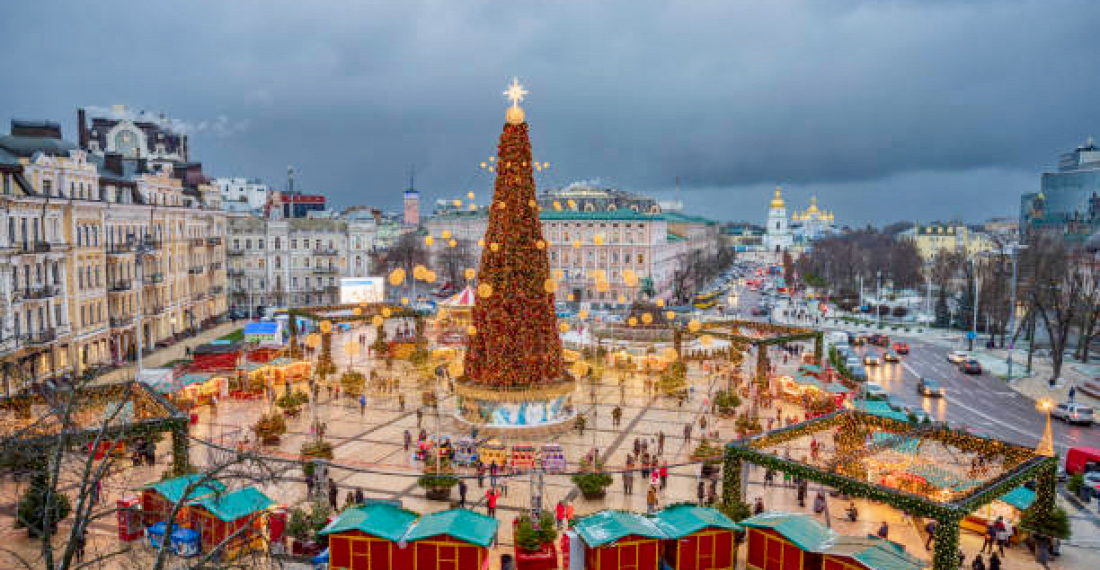The Orthodox Church of Ukraine had already broken away from the Russian Orthodox Church, but now it is going one step further. The Church is allowing its congregations for the first time to no longer celebrate Christmas according to the Eastern calander, as in Russia, on 7 January, but on 25 December.
The decision is a historic new step away from Moscow and closer to the West. The Ukrainian and Russian Orthodox churches used to celebrate Christmas at the same time. Orthodox Christians thus follow the old, Julian calendar, according to which Jesus was born on 7 January.
Ukrainian priests are now allowed to decide for themselves whether to keep Christmas on 7 January or 25 December. The population itself is also given a choice on which date to celebrate Christmas, according to archbishop and spokesman of the Kyiv Patriarchate Yevstratiy Zoria.
In an interview with The Guardian, Zoria said: “We don’t want to force anyone. We understand that doesn’t resolve anything,” he said. “I personally will decide what to do after talking with my parishioners. It’s better to promote this process slowly and successfully.” Furthermore, Zoria said, data would be collected to see how many believers attended services on 25 December, which falls on a Sunday this year.
The question of when to celebrate Christmas has been a matter of longstanding debate in Ukraine. Before the large-scale Russian invasion of 24 February 2022, a third of Ukrainians were already in favour of switching to the Western date of 25 December. Their numbers have probably increased as the war has vastly increased the number of opponents of Russia in Ukraine.






